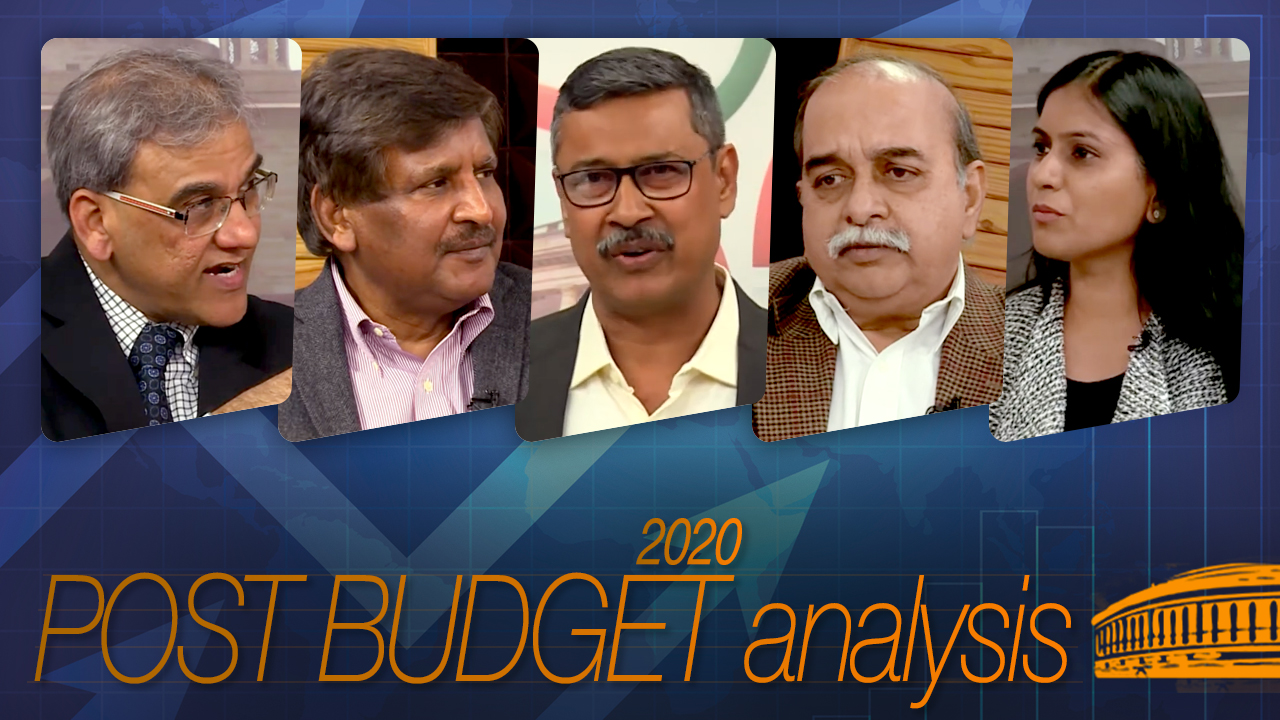| SERVICE TAX
2020-TIOL-267-CESTAT-MUM
Kasegaon Education Society Vs CCE
ST - The present applications were filed u/s 35C of the CEA 1944 seeking rectification of mistake apparent on record in an order passed in respect of an appeal filed by the assessee - It is claimed in the application that the order erroneously restricted the decision to four appeals, although five appeals had been disposed off - It was also contended that the service tax demand was raised based on liability arising u/s 66A of the Finance Act 1994 - The assessee also claimed that despite taking note of the earlier decision in 3i Infotech Ltd v. Commissioner of Service Tax, Mumbai-II and in Milind Kukarni v. Commissioner of Central Excise, Pune-I the court had not rendered a finding flowing from these decisions.
Held: The contention of the applicant that the Tribunal's order erroneously recorded that only four appeals were disposed off and that four should be read as five, are quite tenable - It is also seen that the de novo adjudication by the original authority is limited to four of the disputes whereas all five were referred back to the original authority for disposal in accordance with the direction therein - Any decision on the correctness of the de novo order of the original authority or any direction to handle it any other manner would circumvent the appellate hierarchy and predispose the first appellate authority one way or the other - Hence the order in question is amended accordingly: CESTAT
- Assessee's applications disposed of: MUMBAI CESTAT
2020-TIOL-266-CESTAT-MAD
Eshakti.Com Pvt Ltd Vs CGST & CE
ST - The assessee contested denial of part of the rebate claims filed by it - The Revenue's counsel claimed that the present appeals are not maintainable before the Tribunal since the assessee's claim pertains to rebate, for which the assessee must choose a different forum, which would be by filing a revision petition as provided under the statute.
Held - Such contentions of the Revenue's counsel have merit - There is no dispute, even by the assessee, that it had filed claims for rebate and that the Tribunal is not vested with the jurisdiction to entertain the same - It is also seen that most of the cases relied upon by the assessee were settled by the revisional authority - This indicates that the only recourse for the assessee is to approach the revisional authority, rather than the appellate authority - Hence the appeals are not maintainable: CESTAT
- Appeals dismissed: CHENNAI CESTAT
CENTRAL EXCISE
2020-TIOL-265-CESTAT-HYD
Lata Hydrocarbon Resources Pvt Ltd Vs CCT
CX - The assessee-company filed applications seeking refund of Cenvat credit in respect of goods cleared to SEZ units, without payment of duty - Such applications were dismissed on grounds that the SEZ supplies were not be treated as export of goods and that the refund applications were not filed within the requisite limitation period - On appeal, the Commr.(A) held that the SEZ supplies be treated as export of goods but the applications were hit by limitation - On appeal, the Tribunal remanded the matter back to the original authority, whereupon the refund was allowed - Later, the assessee filed a new refund claim u/r 5 of CCR 2004 on grounds of their factory having been closed and their being unable to use the credit - SCN was issued proposing to reject the refund claims on grounds that there was no provision for refunding unutilised credit on account of closure of factory and that the refund claim was time barred - Later, the original authority sanctioned the refunds - Such findings were over turned by the Commr.(A) - Hence the present appeal.
Held: The assessee's case is only that it had accumulated credit prior to the amendment and that the refund claim was filed much later and so it was entitled to the refund of credit - Regarding limitation, the assessee claimed that as another refund claim seeking refund of unutilized credit for another part of the amount on another ground was already pending before various fora, a second refund claim could not be filed - It is seen that when Rule 5 of CCR was amended, there is no saving clause indicating that w.r.t. credits accumulated prior to the date of amendment, the new provisions did not apply - In this case, the refund claims were filed prior to 01.04.2012 and these did not include refund claim on grounds that the factory had been closed - The issue was settled by the Tribunal, but its order was later quashed - On remand, the refund was sanctioned - All proceedings which began prior to 01.04.2012 concluded unimpeded by the unamended Rule 5 of CCR 2004 for a different amount on a different ground - A separate refund claim was filed after 01.04.2012 which is the issue in dispute - Therefore, the assessee was not entitled to refund as there was no saving clause when Rule 5 of CCR was amended - Besides, the limitation period was also violated as the refund claim was filed more than six years after the closure of the factory - Hence the O-i-A warrants no interference with: CESTAT
- Assessee's appeal dismissed: HYDERABAD CESTAT
CUSTOMS
2020-TIOL-300-HC-DEL-CUS
Diamond Export Vs CC
Cus - The assessee-company sought to export a consignment of mixed cotton printed handloom bed sheets and declared value of the same in the shipping bills - The goods were then detained by the Revenue authorities for alleged over-valuation - Samples were drawn and sent to the Ahmedabad Textile Industrial Research Association - Upon considering the report furnished therefrom, the actual value of the goods was determined at a significantly lesser amount - Hence the goods were seized u/s 110 of the Customs Act - The present writ petition was filed seeking issuing of directions for releasing the goods and also to modify the conditions for the same - The assessee also sought that directions be issued to de-freeze the assessee's bank account.
Held: It is clear that the goods have already been ordered to be provisionally released subject to fulflment of certain conditions - Hence the present petition is devoid of merits - Besides, the Apex Court in State of Uttar Pradesh vs. Kay Pan Fragrance Pvt. Ltd had reprimanded the practice of writ courts directing release of seized goods where the statute provides for provisional release - Moreover, the bank account of the assessee has already been de-freezed - Regarding the assessee's contentions against the conditions imposed for provisional release of the goods, it is seen that the order of provisional release is an appealable order - Hence the present writ is not maintainable: HC
- Writ petition dismissed: DELHI HIGH COURT
2020-TIOL-299-HC-DEL-CUS
Hudson Overseas Vs CC
Cus - During the relevant period of dispute, the Revenue authorities detained a consignment bound for export - The goods under the shippin bill were found to be printed handloom bed sheets and had been detained on account of gross over-valuation - The present petition sought for the release of such goods.
Held: The Apex Court in a recent decision rendered in the case of State of Uttar Pradesh vs. Kay Pan Fragrance Pvt. Ltd. lambasted the practice being followed by writ courts, of directing release of seized goods where the statute already provides for provisional release - Hence the authorities concerned are directed to dispose of the assessee's application for provisional release of the detained goods, within eight weeks' time: HC
- Writ petition disposed of: DELHI HIGH COURT
|








